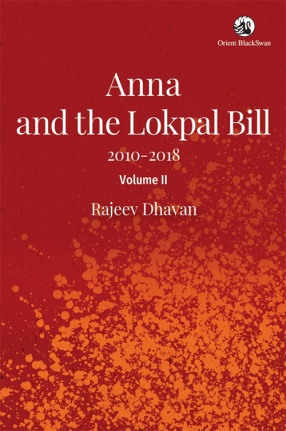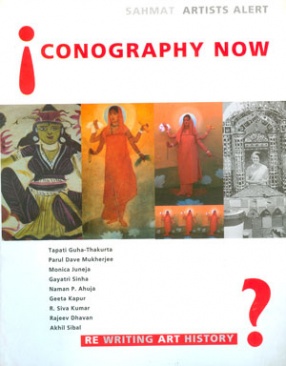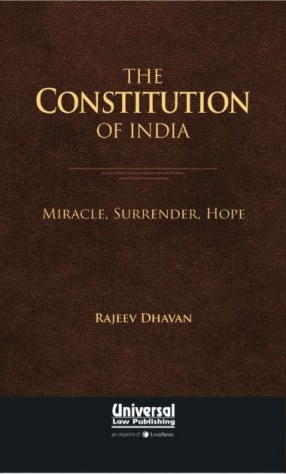Anna and the Lokpal Bill: 2010-2018 (Volume II)
The years 2010–11 witnessed tumultuous civil rights campaigns against the deeply-embedded corruption in Indian society and politics. The advent of social activist Anna Hazare and his India Against Corruption (IAC), ably supported by social activists and lawyers, gave rise to a civil society agitation of a kind unprecedented in the history of independent India.
Anna and the Lokpal Bill, 2010–2018, the second of Rajeev Dhavan’s two-volume history of the Lokpal Bill in India, provides detailed discussions and analyses of the events of these years, and the Arvind Kejriwal-led AAP government that followed.
In 2011, as the issue of corruption and the Lokpal as a remedy became a national campaign attracting overwhelming support across the country, both the UPA government and the Opposition found themselves on the defensive. A special session of Parliament was called, pledging support to Anna in the form of a parliamentary resolution, and versions of the Lokpal Bill were debated and discussed in both Houses of Parliament and special committees. However, in 2012, the Anna movement changed its course and lost momentum, resulting in a severely truncated Lokpal Bill.
The book also asks: What is civil society? What is its relationship with political society? What should be the aims of both civil and political society; and why were those in power so afraid of the ‘crowd’?
Contents: Preface. Part 1. Civil society. Part 2. Advent of Anna Hazare. Part 3. The civil society alternative (2010). Part 4. The voice of dissent (2011). Part 5. Overture: parting of ways (2012). Part 6. Anna’s legacies (2013–15). Part 8. In conclusion. Index.
Get it now and save 10%
BECOME A MEMBER










Bibliographic information